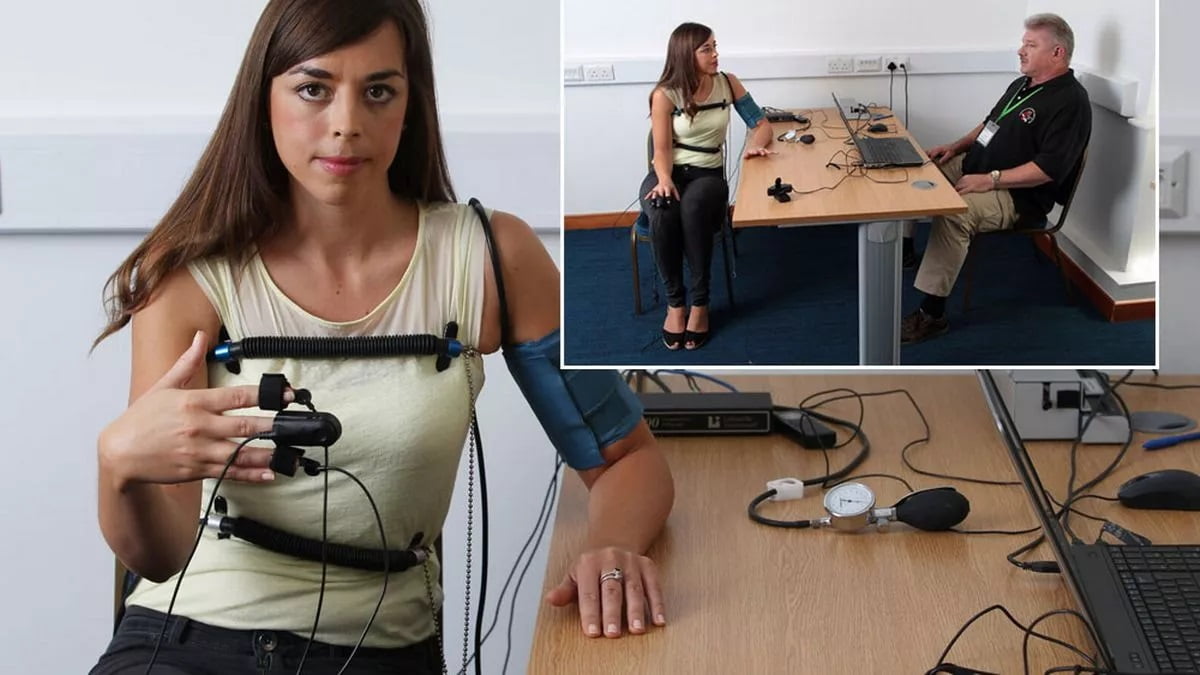The polygraph exams are used in criminal investigations and employment screenings of adults, testing certain vulnerable groups raises ethical concerns. Subjecting minors, victims traumatized by crimes, or people with mental disabilities to the pressures of “lie detector” tests psychological harm, coercion of false confessions, and miscarriages of justice. As use expands, what are the moral implications and appropriate limits for polygraph testing on at-risk subjects?
Minors
Subjecting minors, including juvenile crime suspects, to polygraph testing is highly controversial. Critics argue it exploits vulnerable youths’ immature cognitive and emotional development. Adolescent minds are ill-equipped to handle the intimidating lie detector test florida environment. The risk of coerced false confessions under pressure is also greater among youth. However, defenders believe controlled polygraph tests produce key admissions while protecting juveniles’ well-being. Strict regulations on administering polygraphs to minors seek balance but doubts linger.
Victims
Polygraphing victims of sensitive crimes like sexual assault and partner violence has also drawn fire. Detractors say it traumatizes already distressed people, deters them from reporting crimes, and leads to blaming victims if readings seem inconsistent. However, some consider testing beneficial in verifying victims’ accounts or assessing credibility when facts are ambiguous. Here too, the divide persists between preventing abuses and obtaining critical information.
Mentally disabled
Applying polygraphs on mentally disabled individuals with conditions like schizophrenia, PTSD, or neurodevelopmental disorders is widely deemed unethical. Their vulnerable mental state limits understanding the test and increases compliance with false confessions. Disability advocates strongly protest subjecting a population already disadvantaged in the justice system to an unreliable tool that exploits their condition. But support for prohibition is not universal.
A key objection is polygraphs may coerce false confessions, especially from susceptible test-takers. They feel pressured to offer untrue admissions to end the accusatory procedure and leave. Mental exhaustion also leads to confused confessions. The risk has prompted bans on considering uncorroborated polygraph admissions as evidence. But without confessions, critics argue testing loses its purpose.
Right to refuse
They are groups contend use on vulnerable populations violates civil liberties. They argue right to refuse polygraphs without penalty must be protected. No one should be forced to undergo interrogation using a scientifically dubious device many find distressing. Making consent voluntary is essential to upholding autonomy and preventing abuse.
Moral Dilemma
In the end, polygraphing at-risk groups poses a moral dilemma between truth-seeking purposes and harm avoidance. The controversy likely persists because both stances have merits. There are reasonable needs for information alongside real worries over-exploitation. As polygraph use expands in public and private realms, ensuring meaningful consent, limiting harm, and weighing necessity will remain ethically complex issues still seeking resolution.
Though polygraphs elicit useful admissions for investigations and screenings, subjecting vulnerable groups requires nuance. Until polygraphy becomes more reliable and humane through reforms, moral hazards loom in expanding testing among populations prone to coercion and false confessions under pressure.




